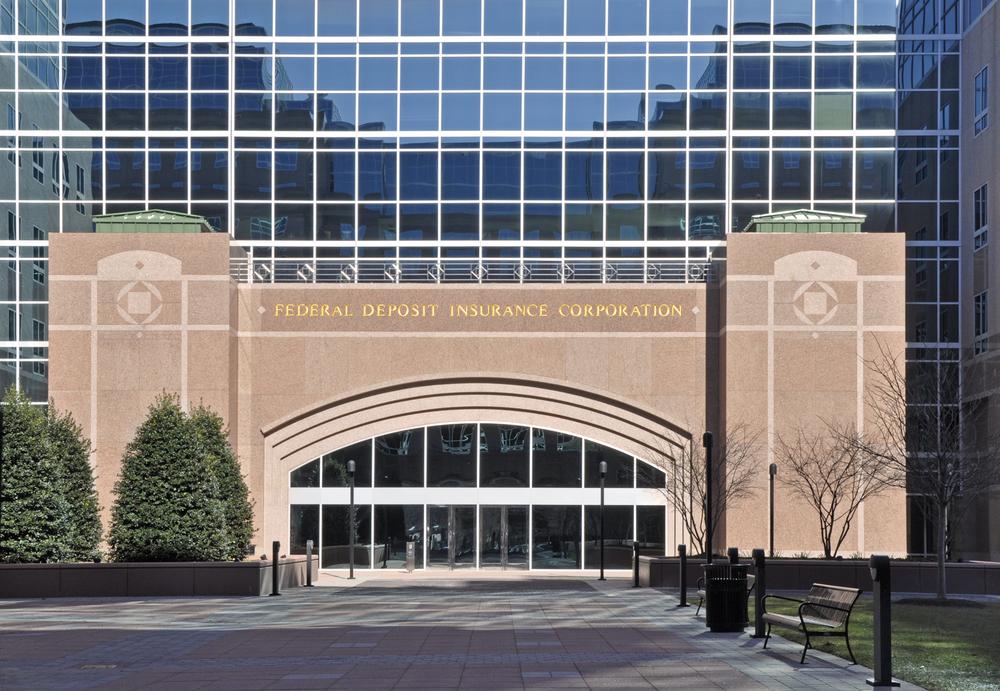Guide to FDIC-Insured Banking Accounts and Protection
This comprehensive guide explains FDIC-insured accounts, how the FDIC protects depositors' funds, and details about various insured banking products. It emphasizes the importance of FDIC insurance for safe banking and provides tips on staying updated with banking news and services, ensuring consumers make informed financial decisions.

Guide to FDIC-Insured Banking Accounts and Protection
The Federal Deposit Insurance Corporation (FDIC) is an independent U.S. government agency dedicated to safeguarding the funds deposited by consumers in banks and financial institutions. This protects the depositor's money, ensuring safety and security. Similar protections for credit union members are provided by the National Credit Union Administration (NCUA). Since its inception in 1933, FDIC has maintained a flawless record of preventing deposit losses for insured accounts.
Learn more about how FDIC-insured accounts operate and why they are vital for secure banking.
What is an FDIC-Insured Account?
An FDIC-insured account is a deposit account at a bank with coverage backed by the federal agency.
FDIC works by collecting premiums from member banks to create the Deposit Insurance Fund (DIF). In case a bank fails, the DIF covers losses and refunds depositors up to insured limits, safeguarding their funds.
Related Resources: Tips to Avoid Excess Bank Fees
How Does FDIC Insurance Work?
FDIC evaluates a bank’s financial health, capital adequacy, management quality, and operational stability before providing insurance. Factors like service quality and future viability also influence FDIC's risk assessment and premium rates.
FDIC coverage applies to various deposit accounts, including:
Checking Accounts
Commonly used for daily transactions, checks, and ATM withdrawals, most checking accounts at insured banks are protected by FDIC.
Savings Accounts
Designed to accumulate funds with fixed interest rates, these accounts are FDIC-insured across major banks.
Money Market Accounts (MMA)
Offering higher interest rates than regular savings, MMAs have minimum deposit and balance requirements, and are insured by FDIC.
Time Deposit Accounts (Certificates of Deposit)
These accounts keep funds locked for a predetermined period with fixed interest, ensuring guaranteed returns. Most reputable banks insure these deposits.
Stay informed about banking updates on Banking. Follow us on Facebook and Twitter for more investment insights.
Note:
The information shared on our platform spans multiple categories to provide practical data and insights. While our research aims to be accurate, it should not be viewed as definitive. We are not responsible for discrepancies or updates that may differ from other sources. Readers should explore additional schemes and offers for optimal benefits beyond the content covered here.









